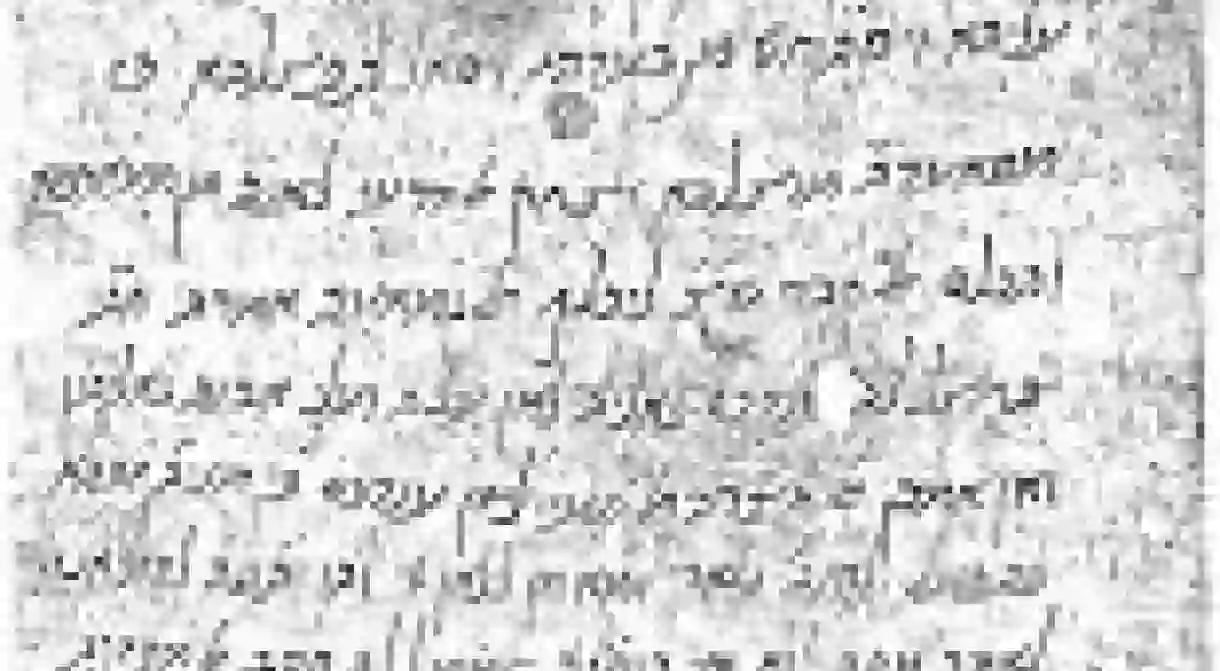Maimonides: Medieval Philosopher of Judaism

Born Mosheh ben Maimon, Moses Maimonides was a deeply revered medieval intellectual of Judaism and a devoted scholar of the Torah. As Lindsay Parnell finds out, his studies of Jewish scholarship and religious codes would greatly inform Judaic philosophy.

Born in the Almoravid Empire in 1135, Maimonides spent a great deal of his life travelling, teaching and writing. In his early life he resided on the Iberian Peninsula during a time of constant violent threats and prejudices against the Jewish community. Maimonides and his family quickly chose a self-imposed exile and relocated to Southern Spain. After moving to Morocco, Maimonides, a natural student and scholar, attended the University of Al-Karaouine where he read the Arabic translations of the Greek Philosophers.
Following his education, Maimonides lived shortly in the Holy Land of Israel and then moved onto Egypt where he devoted his life to his religious education. But after the tragic death of his brother David, a sea merchant, Maimonides was overcome with grief. The financial investment made in David’s professional life was lost with his death, and Maimonides desperately sought work to support his family. Although distraught in the wake of his brother’s death, Maimonides was appointed ‘Nagid’, religious leader, of the Jewish community in Egypt. But as financial debt increased in his family, Maimonides began looking for more stable employment. As an academic well versed in Arabic and Greek medicines he found a natural transition from the humanities into medicine. He became a physician and was able to support his family. It was this occupation that made Maimonides famous, especially with his appointment as a court physician for various government officials, sultans and other royals. His professional career as a doctor would solidify his fame, but he would also be forever remembered as an influential religious scholar and author of fundamental Jewish text. His intense studies resulted in the creation of a collective text reflecting the rich oral tradition of Jewish law. This extensive work was crafted out of Maimonides’ devout study of the Torah.

His pious study led to the creation and publication of his Mishneh Torah, a 14 volume religious code of action and law, also known as Halakha. Written during his time spent living in Egypt, the Mishneh Torah was Maimonides first text to be written in Hebrew. His previous studies had been written in his native Arabic. The Mishneh Torah explicitly describes the founding beliefs of the Jewish faith. The 14 books include and outline of the religious regulations and policies of Judaism including philosophies of prayer, the laws associated with Jewish holidays, rituals of faith, tithing, laws of the temple and the governing decrees of marriage and divorce.
Upon its initial release to the public, the general consensus regarded the work as radical and extremist. Maimonides and his Mishneh Torah were the recipients of the accusation that the work was deliberately produced to surpass the study of the Talmud, the formal documentation of Jewish decrees, history and traditions as discussed by ancient rabbis. This accusation is largely based on Maimonides’ absence of citation for his sources in his Mishneh Torah. Still, Maimonides’ text is an essential text that explores the basic principles of the Jewish faith, spirituality and the defence of God’s existence, an exploration and study of the Torah and the coming of the Messiah. Although initially rejected by the Jewish community of Maimonides’ time, today its influence is still felt as the foundation of Orthodox Judaism.
The acclaimed philosopher and author of countless texts including Guide for the Perplexed and The Oath of Maimonides has left a profound legacy of devotion to education and knowledge. His brilliant synthesis of religious, medical, philosophical and academic concepts helped shaped the course of Jewish religious faith for centuries to come.













